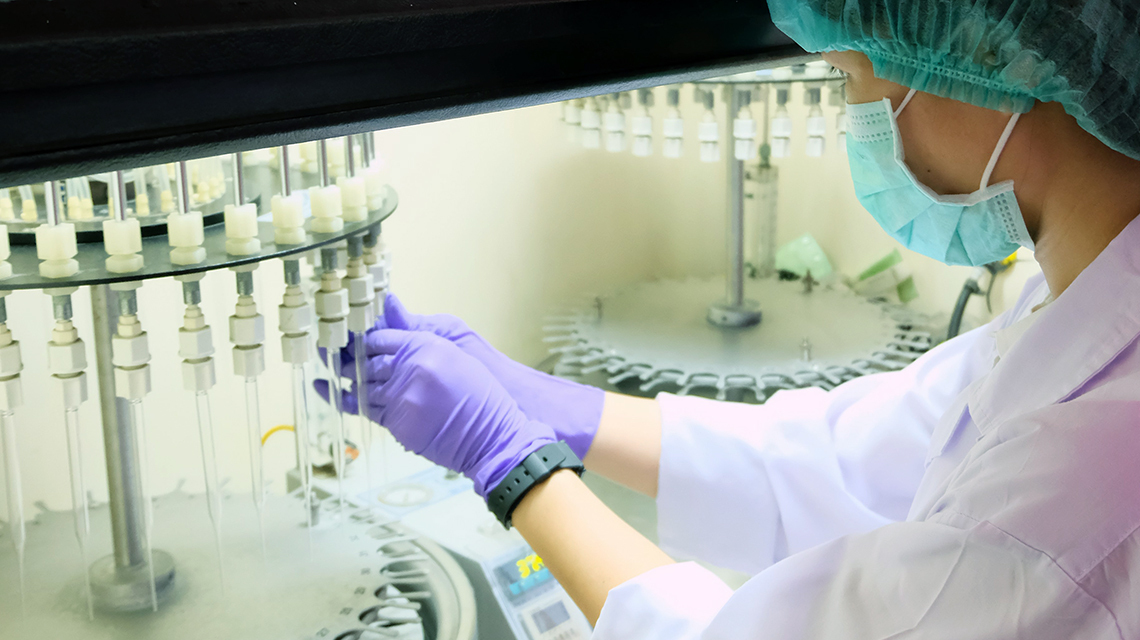A Decade of Progress: Costa Rica and IAEA Collaboration
For over ten years, Costa Rica has harnessed the power of nuclear technology to enhance food safety, a pivotal move in protecting public health and securing its position in the global food market. Through collaboration with the International Atomic Energy Agency (IAEA), the nation has developed sophisticated methods to detect and analyze food contaminants, ensuring the safety and quality of its agricultural exports.
The Nuclear Edge in Food Safety
The integration of nuclear techniques in food safety protocols allows for precise detection of contaminants that traditional methods might miss. This approach not only ensures compliance with international health standards but also boosts consumer confidence in Costa Rican products. By adopting these advanced technologies, Costa Rica stands at the forefront of food safety innovation, setting a benchmark for other nations to follow.
Boosting Trade and Farmer Prosperity
The accurate detection of contaminants has significant economic implications. By maintaining a clean, safe trade record, Costa Rica has strengthened its competitiveness in the international food trade market. This reliability has opened up new markets and opportunities, leading to increased exports and enhanced economic prosperity. For local farmers, this means better access to global markets and improved livelihoods, driving a more robust agricultural sector.
The Role of IAEA in Capacity Building
The IAEA’s support extends beyond just technical assistance. It encompasses training and capacity building, which empowers local scientists and technicians with the skills and knowledge necessary to implement these nuclear-based techniques. This transfer of knowledge ensures that Costa Rica not only adopts but also innovates and leads in the application of nuclear science in agriculture.
Implications for Public Health
The primary benefit of employing nuclear technology in food safety is the safeguarding of public health. By effectively detecting contaminants such as pesticides, heavy metals, and other hazardous substances, Costa Rica ensures that both domestic and international consumers enjoy high-quality, safe food products. This proactive approach in food monitoring helps prevent foodborne illnesses and reinforces Costa Rica’s commitment to public health standards.
A Model of Innovative Compliance
Costa Rica’s use of nuclear techniques in food safety is a testament to the power of innovative science in solving practical challenges. This strategy not only protects consumers but also enhances the nation’s economic dynamics through better trade opportunities. As Costa Rica continues to collaborate with international bodies like the IAEA, it sets a high standard in the global arena for implementing advanced technologies to tackle age-old problems like food safety.
This pioneering approach serves as a model for other countries, demonstrating that with the right technology and international support, ensuring food safety and boosting trade can go hand in hand.

